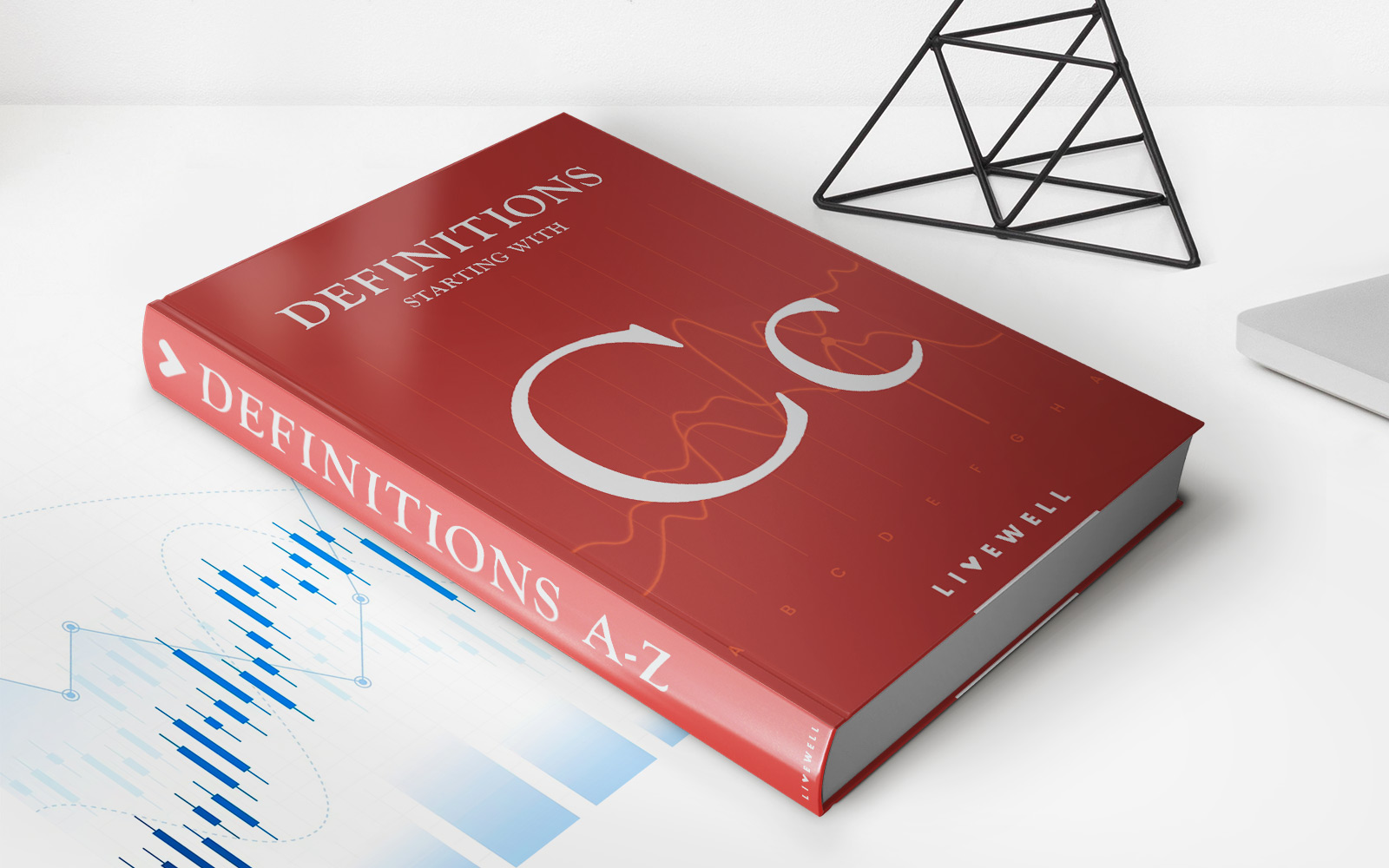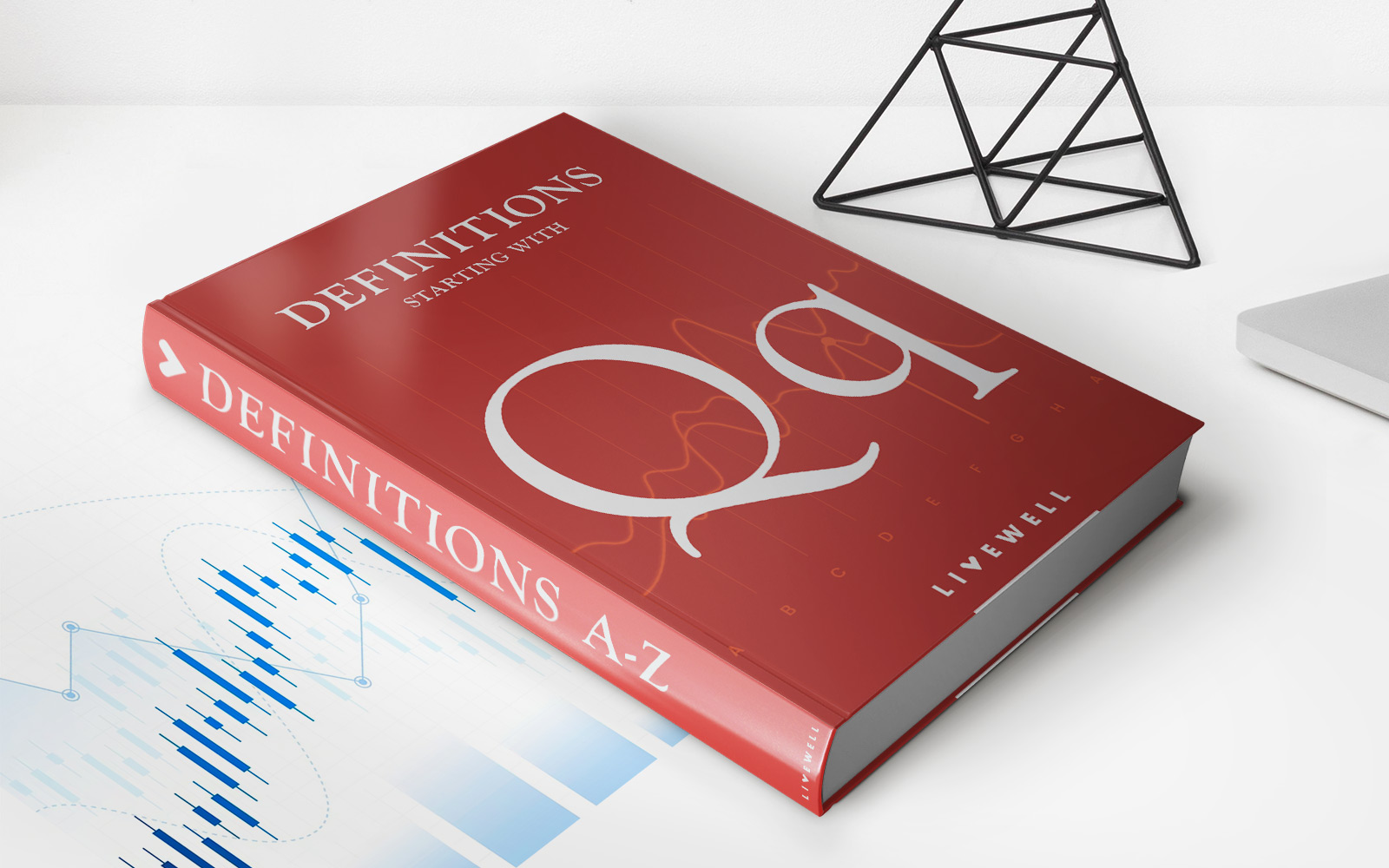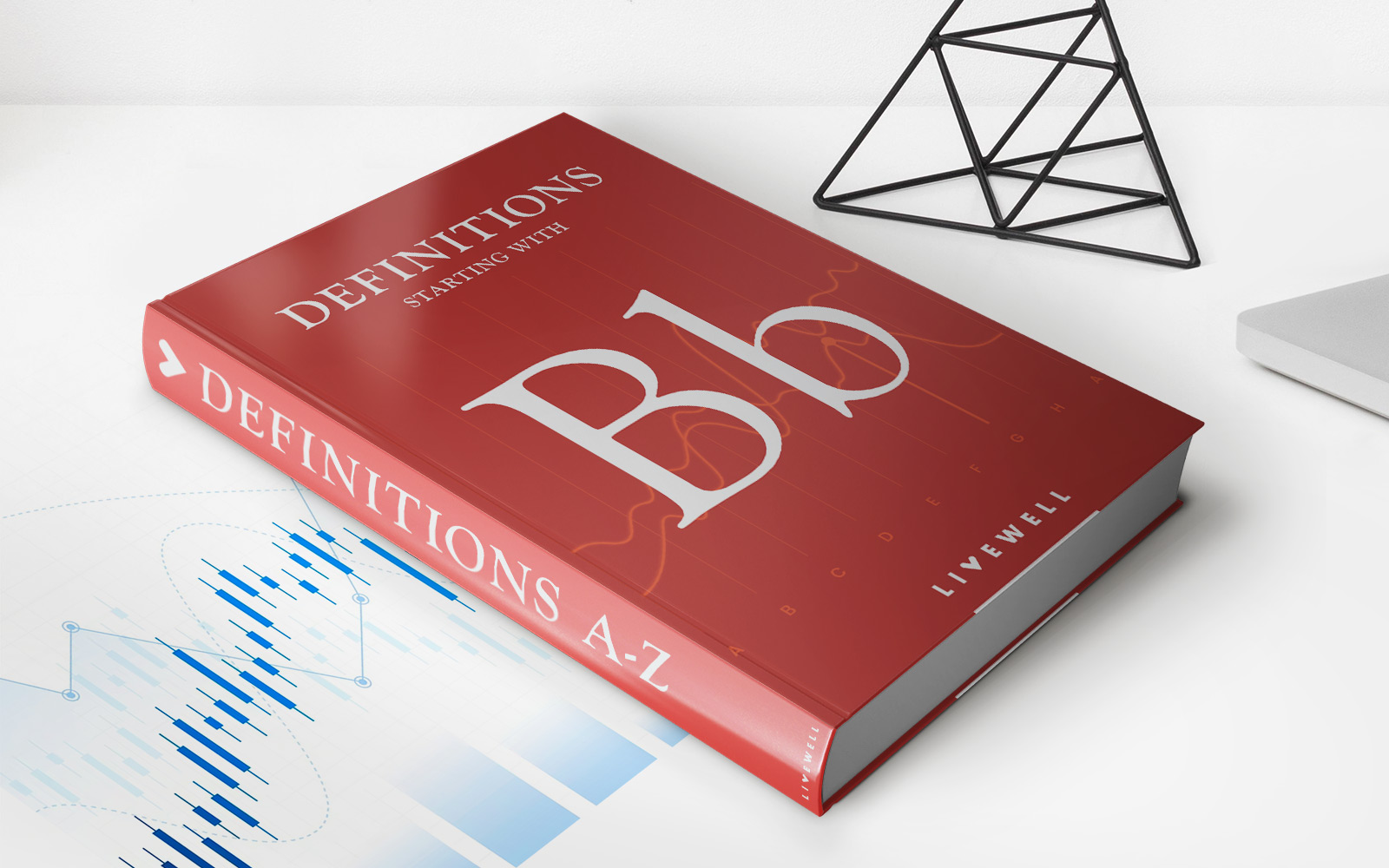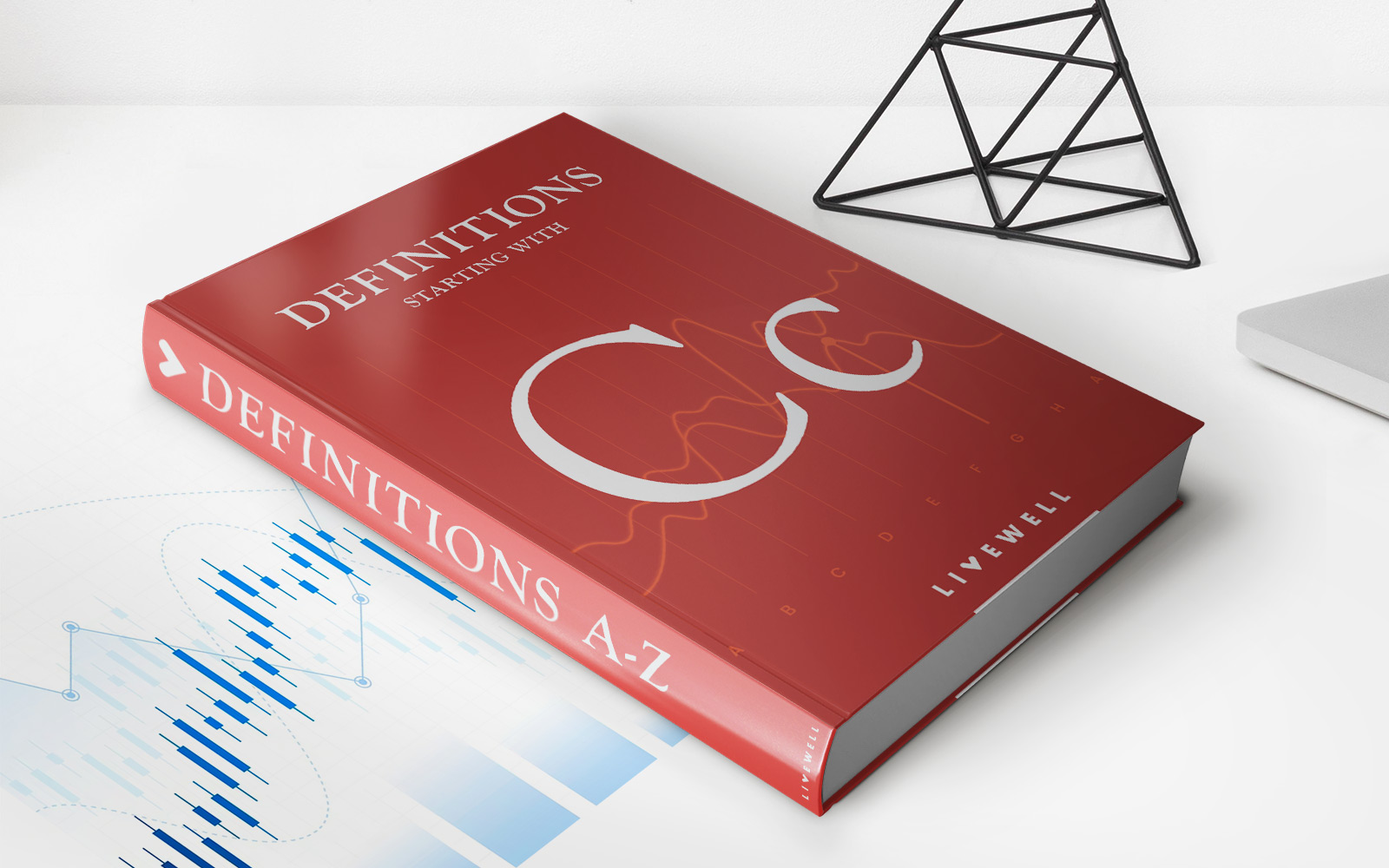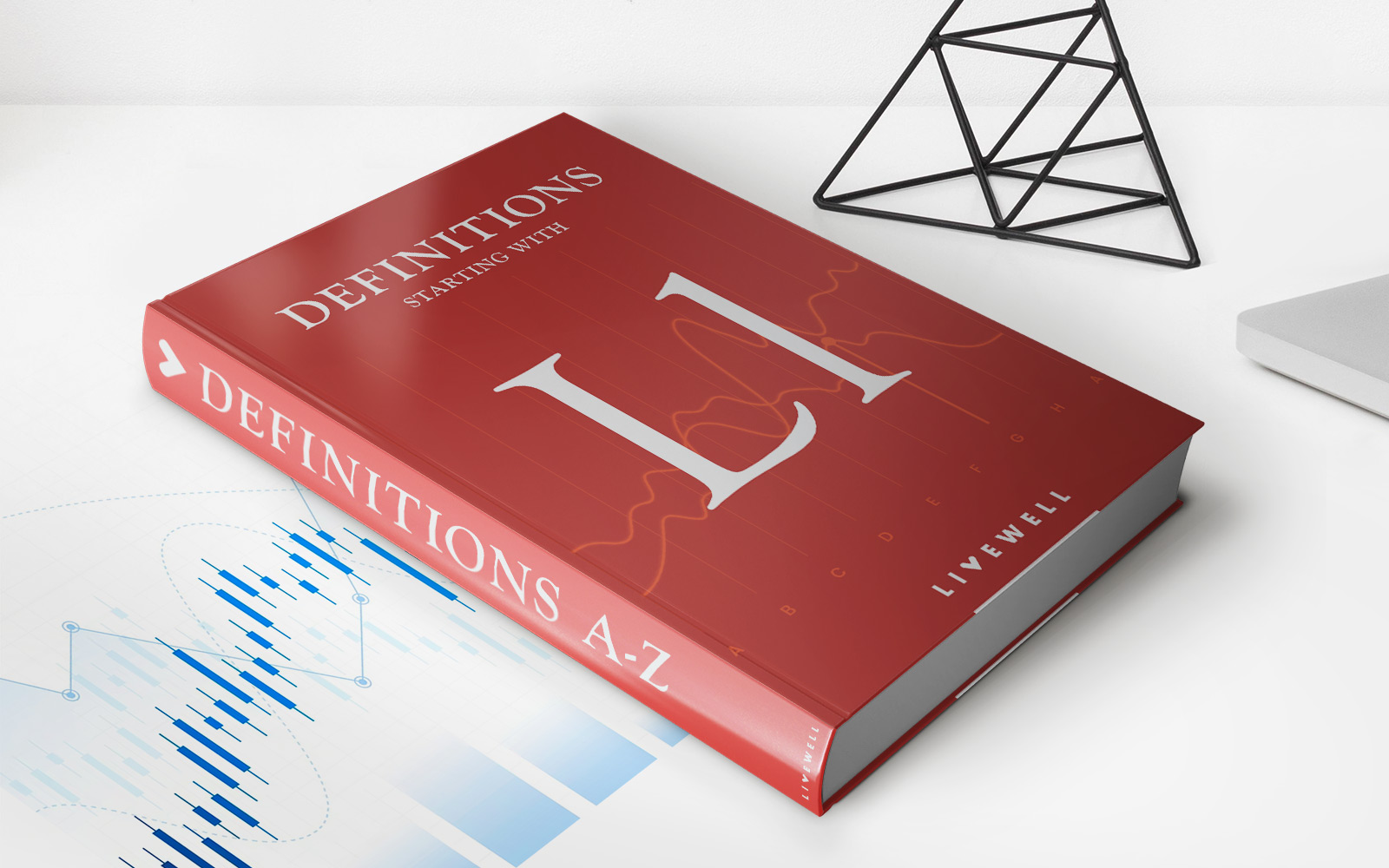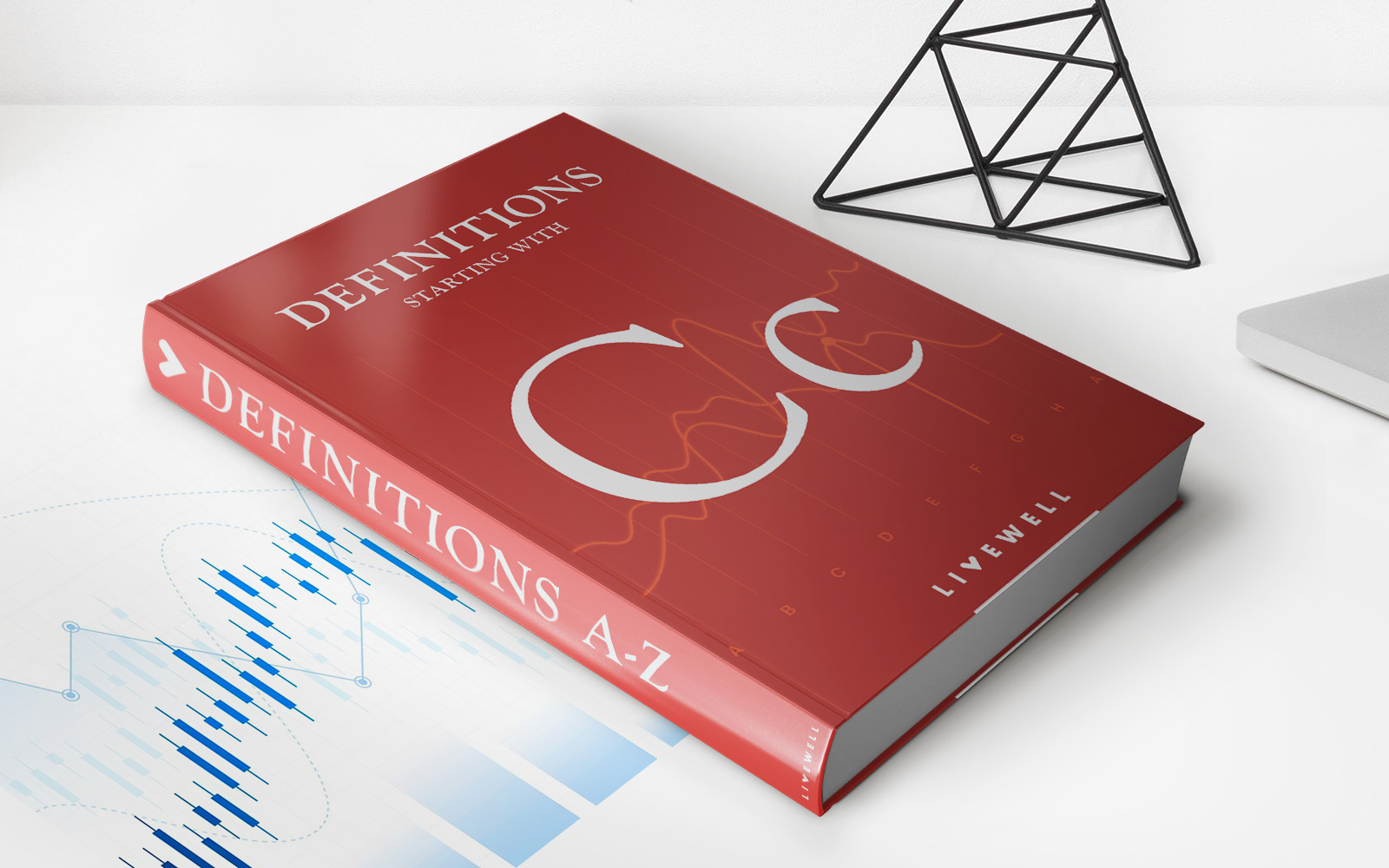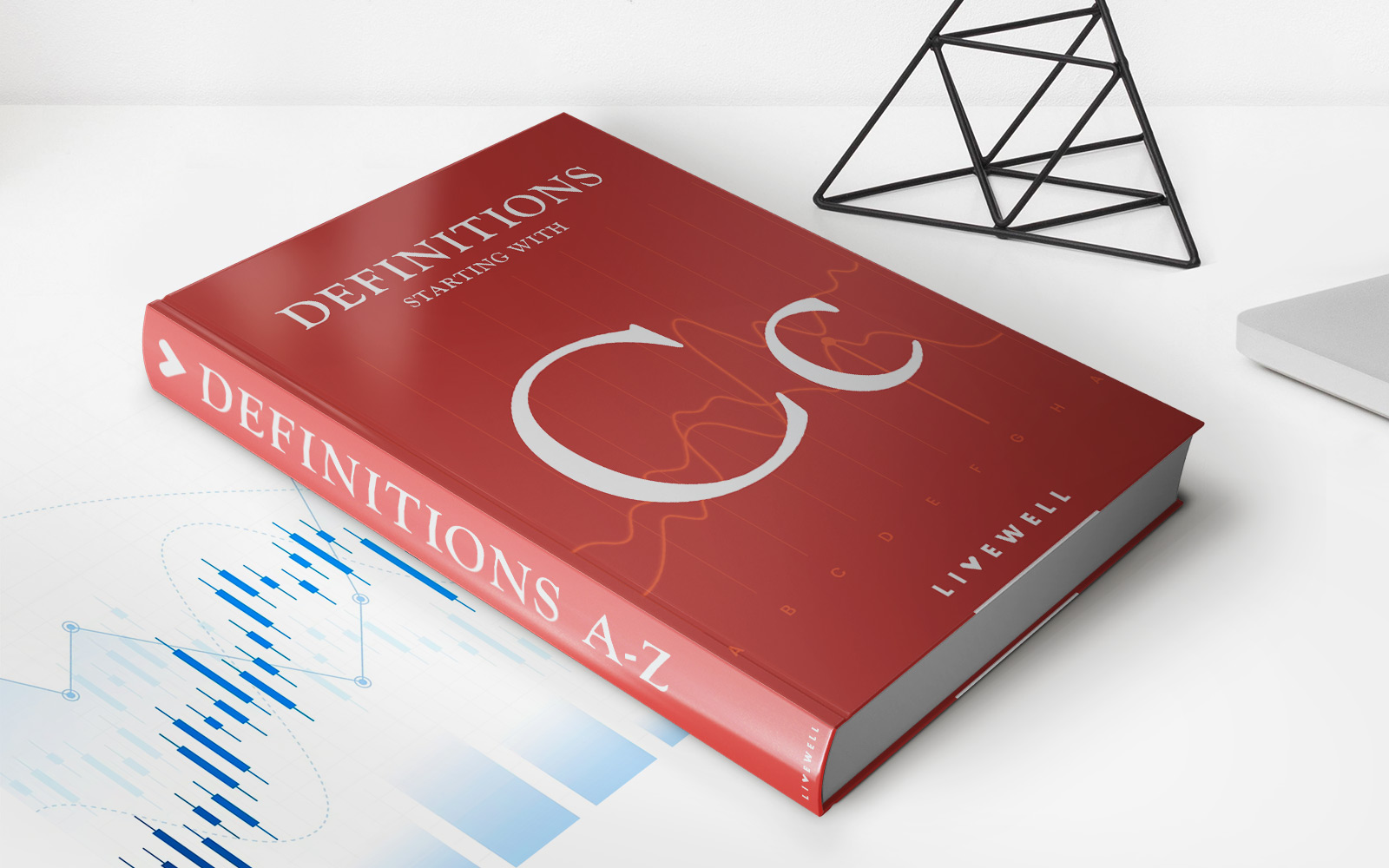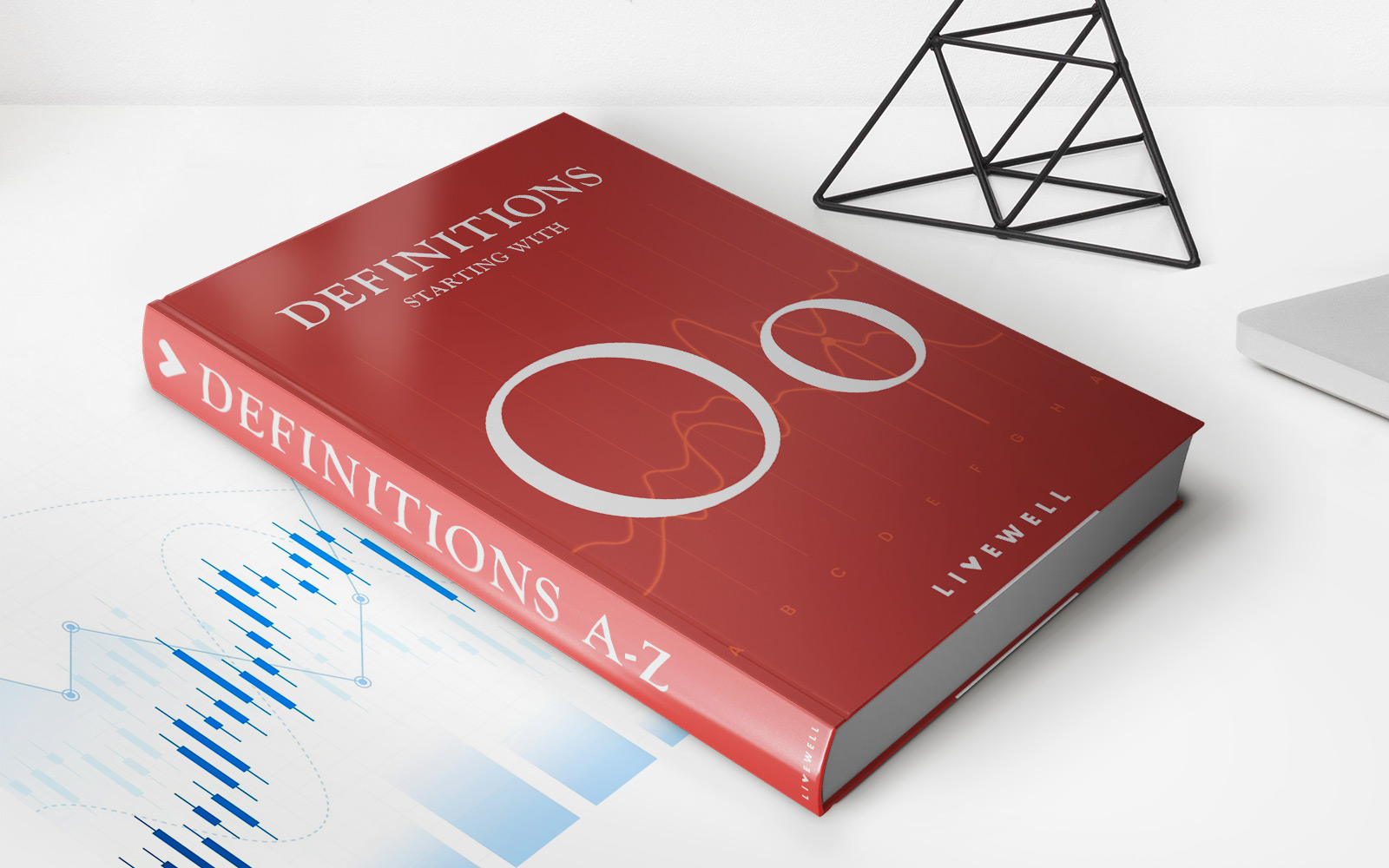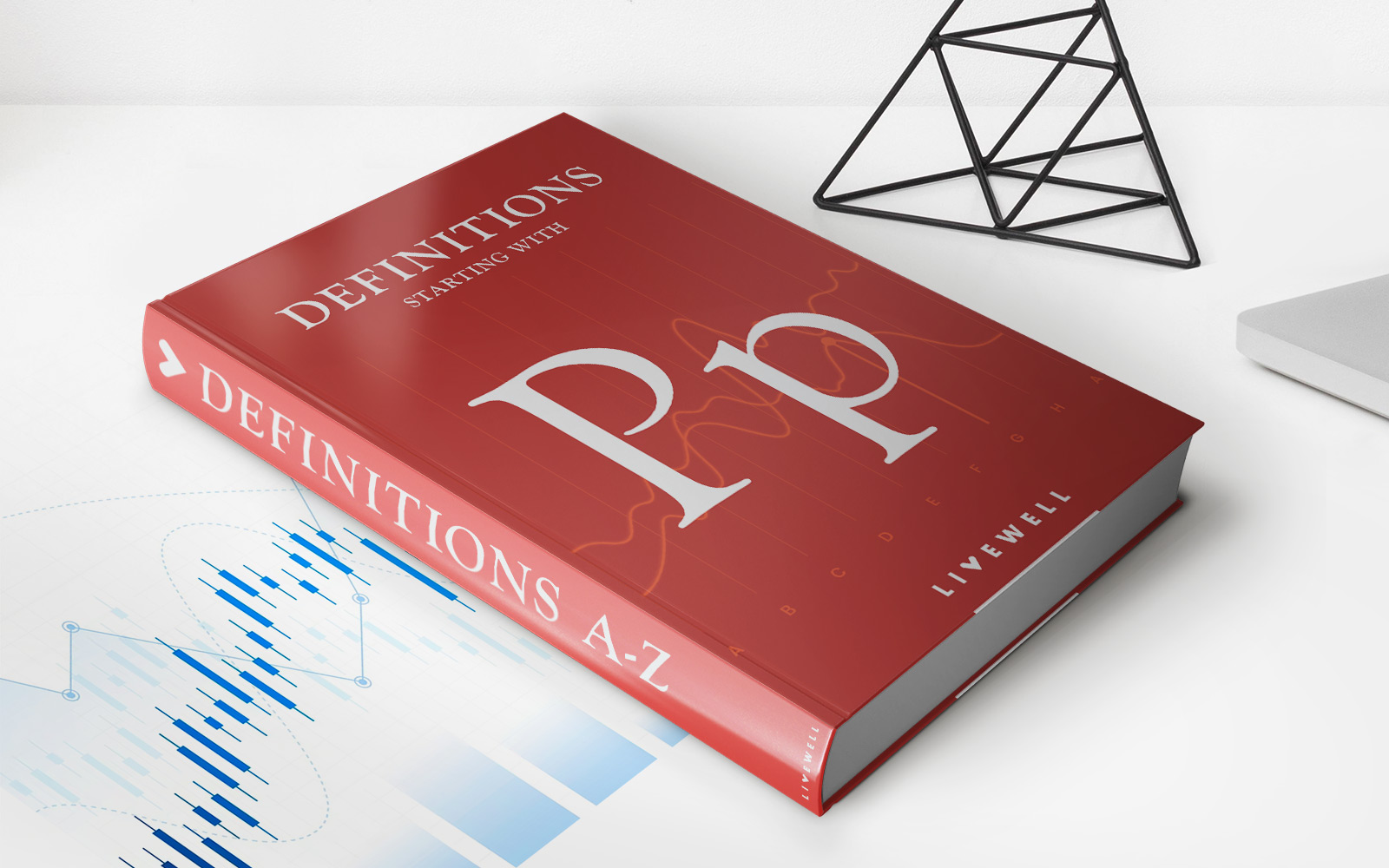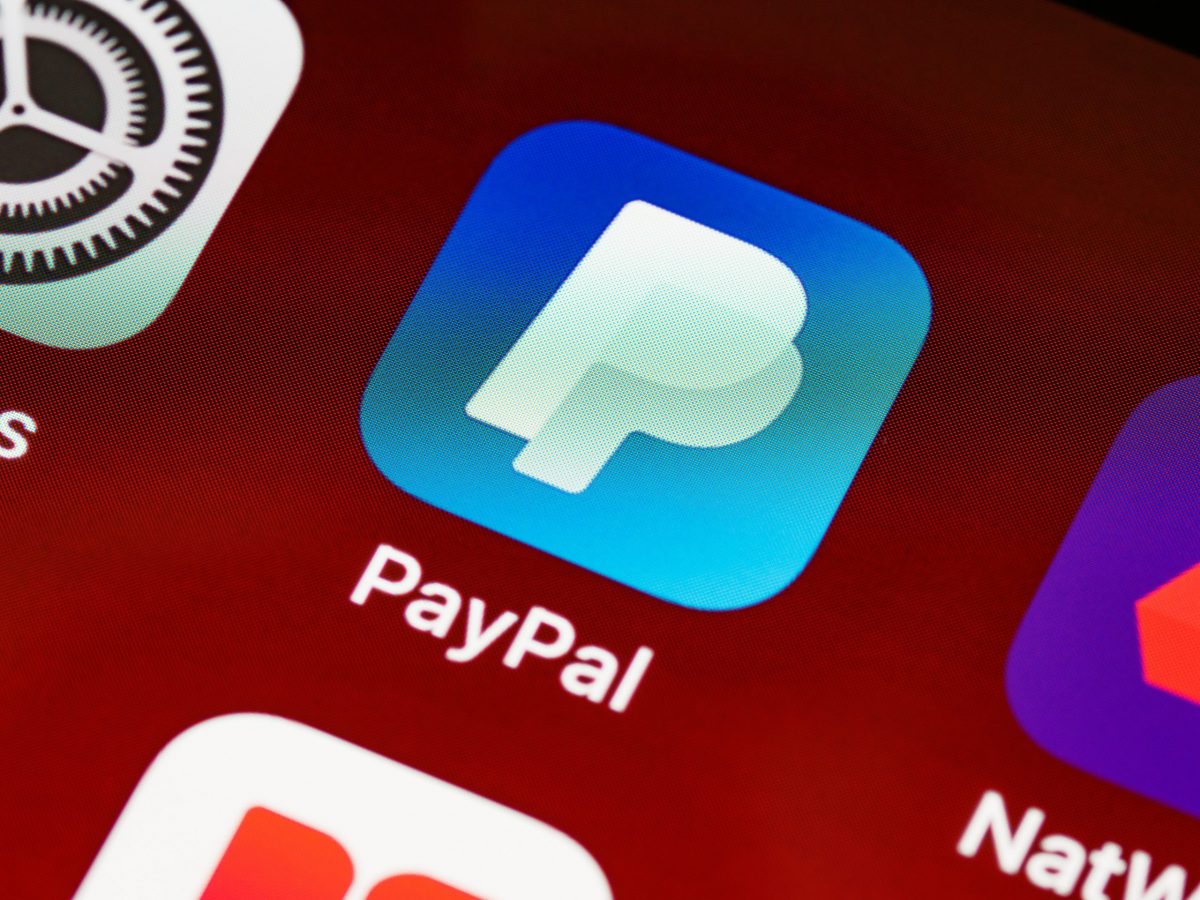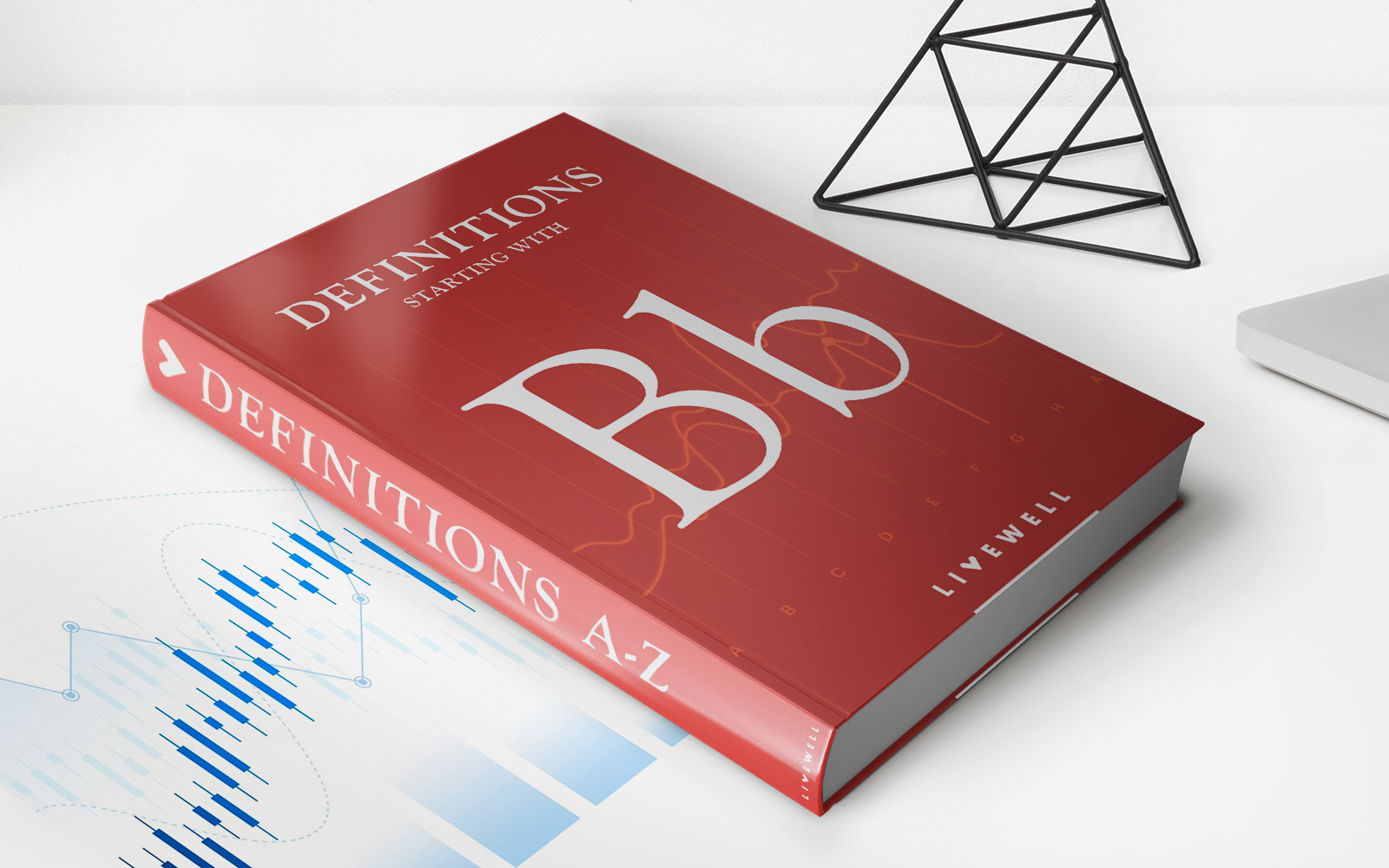

Finance
Bankruptcy Discharge Definition
Published: October 13, 2023
In finance, understanding bankruptcy discharge is crucial. Learn the definition and implications of bankruptcy discharge to manage your financial situation effectively.
(Many of the links in this article redirect to a specific reviewed product. Your purchase of these products through affiliate links helps to generate commission for LiveWell, at no extra cost. Learn more)
Understanding Bankruptcy Discharge: A Financial Lifeline
Welcome to the finance corner of our website. Today, we are going to dive into the world of bankruptcy discharge and shed light on what it means for individuals who find themselves in challenging financial situations. If you’ve ever wondered about the concept of bankruptcy discharge and how it can potentially provide a fresh start, you’re in the right place!
Key Takeaways:
- Bankruptcy discharge is a legal process that relieves individuals from their obligation to repay their debts.
- Obtaining a bankruptcy discharge can provide a fresh start for individuals struggling with overwhelming debt.
Financial difficulties can affect anyone, and for those burdened with overwhelming debt, bankruptcy discharge can be a lifeline. So, what exactly does bankruptcy discharge mean? In simple terms, it is a legal process that relieves individuals from their obligation to repay their debts. This means that once a bankruptcy discharge is granted, creditors can no longer pursue the debtor for the repayment of the discharged debts.
In order to obtain a bankruptcy discharge, individuals must file for bankruptcy and go through the legal proceedings. There are different types of bankruptcy, such as Chapter 7 and Chapter 13, each with its own eligibility requirements and processes. Once a bankruptcy case is successfully resolved, a bankruptcy discharge can be granted by the court, providing relief and offering a fresh start for individuals overwhelmed by debt.
While bankruptcy discharge can be a powerful tool for debt relief, it is important to understand its implications. Here are some key points to consider:
1. Debt Discharge Coverage:
Bankruptcy discharge covers most types of unsecured debts, including credit card debts, medical bills, personal loans, and utility bills. However, certain obligations, such as child support, alimony, student loans, and some tax debts, may not be discharged. It is essential to consult with a bankruptcy attorney to understand which debts are eligible for discharge in your specific situation.
2. Impact on Credit Score:
Receiving a bankruptcy discharge can have a significant impact on your credit score, making it more challenging to obtain credit or loans in the future. However, the discharge also marks a fresh start, and with responsible financial management, it is possible to rebuild credit over time. Additionally, some lenders specialize in providing loans specifically designed for individuals who have recently received a bankruptcy discharge.
In conclusion, bankruptcy discharge can be a powerful tool for individuals struggling with overwhelming debt, providing them with the opportunity for a fresh financial start. However, it is crucial to consider the implications and seek professional advice to determine if bankruptcy discharge is the right solution for your specific circumstances.
We hope that this article has shed some light on the concept of bankruptcy discharge and its potential impact on individuals’ financial lives. Stay tuned for more insightful articles on various finance topics!
